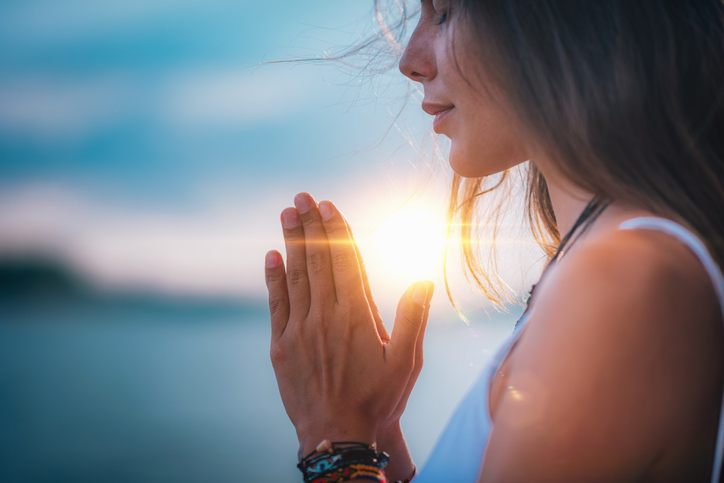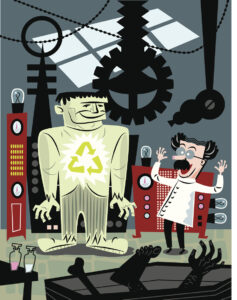One unexpected compensation of the COVID-19 lockdown, the one which dwarfs all others, has been the opportunity to pay greater attention to the one place where religion has always told us we get closest to the spiritual reality beneath worldly appearances: our current situation. As it says in Jeremiah 23:23-24 – as it says, one way or the other, in the scriptures of every faith – “Am I a God at hand, saith the Lord, and not a God afar off?” Or, with a greater emphasis on the joyful possibilities of focusing on the present: “This is the day which the Lord hath made; we will rejoice and be glad in it.” (Psalm 118:24)
All this is not to say that everyone is consciously taking advantage of this opportunity: by praying or meditating more often, by reading elevating spiritual classics, by seeking more silent time, or by simply contemplating the possibility of an invisible but ever-present God. Not when there’s so much still to see on Netflix, Amazon Prime, Hulu, and the new Disney streaming service.
But neither are we spiritually unaffected by our enforced focus on the present, no matter how hard we try to distract ourselves. As Dr. Steve Taylor, senior lecturer in psychology at the UK’s Leeds Beckett University, has observed, lengthy periods of confined activity can unintentionally “bring about a permanent shift in the way we relate to the world and the way we live.”
“There is no reason why we shouldn’t experience this kind of effect now, during the present period of confinement,” he writes in a March 27 article for Psychology Today magazine. “Forced to [put] our future goals and ambitions on hold and … to spend more time in the present, paying attention to our surroundings and our experience … these weeks of quietness, solitude, and detachment [are] a kind of spiritual retreat – a taste of the way of life that monks follow.”
In his classic 1902 study The Varieties of Religious Experience, Harvard psychologist and philosopher William James found that a disproportionate number of the world’s spiritual experiences happen to prisoners, hospital patients, the involuntarily unemployed, and others whose activities and prospects have been temporarily constrained. One can apparently ignore the possibility of a deeper reality, even deny its existence, but nevertheless benefit from a closer brush with it.
Unfortunately, the spiritual blessings that have and will continue to flow from the current lockdown are not something we are ever likely to learn much about, at least beyond our own experience. Even those most profoundly touched by their spiritual encounters will hesitate to talk about them because, as the late novelist Saul Bellow once said of such events, “there is nothing we can prove, our language is inadequate,” and because modern secularism has made people too embarrassed “to risk talking about it.”
Add to this reluctance the fact that the blessings of our current confinement are occurring simultaneously with great suffering and even premature death for some of the infected. And no matter how much history tries to assure us that spiritual enlightenment and pain are often mysteriously linked, our natural discomfort with this paradox will make reporting one’s “lockdown enlightenment” that much more difficult.
And so, when the coronavirus danger finally does pass, do not be surprised that the subsequent studies of its impact fail to record its deepest and most elevating consequences. The meaning of what Swiss psychiatrist and explorer Bertrand Piccard recently termed our “collective retreat [into] the present moment” is something we must be content to know only in the most personal terms.





